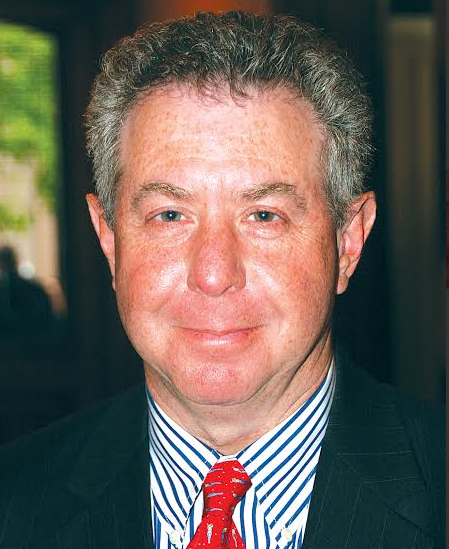Pro Bono Barrister: Will pro bono rule change fight serve as President Fallek’s legacy?

The Brooklyn Bar Association Board of Trustees has left no doubt as to where its membership stands with regard to the controversial debate revolving around a proposal to require 50 hours of pro bono service as well as the publication of dollar amounts lawyers had contributed to legal-service-related organizations.
At the April 9 session, during which the unequivocal views of outgoing BBA President Andrew Fallek opposing the OCA proposal were likely aired, the Trustees published the following “Page One” item in the Brooklyn Barrister:
“Brooklyn Bar Resolution – The following resolution regarding mandatory pro bono and mandatory reporting of pro bono service and contributions was adopted by the Board of Trustees at the April 9, 2014 meeting: While the Brooklyn Bar Association supports the voluntary pro bono services of its members, as evidenced by its creation and support of a volunteer lawyers project that provides free legal services to the poor and underserved, and supports adequate public funding of organizations engaged in providing legal services to the poor and underserved, the association strongly opposes mandatory reporting of pro bono services and mandatory reporting of financial contributions to organizations engaged in providing legal services, as well as any form of mandatory pro bono service for members of the New York State Bar.”